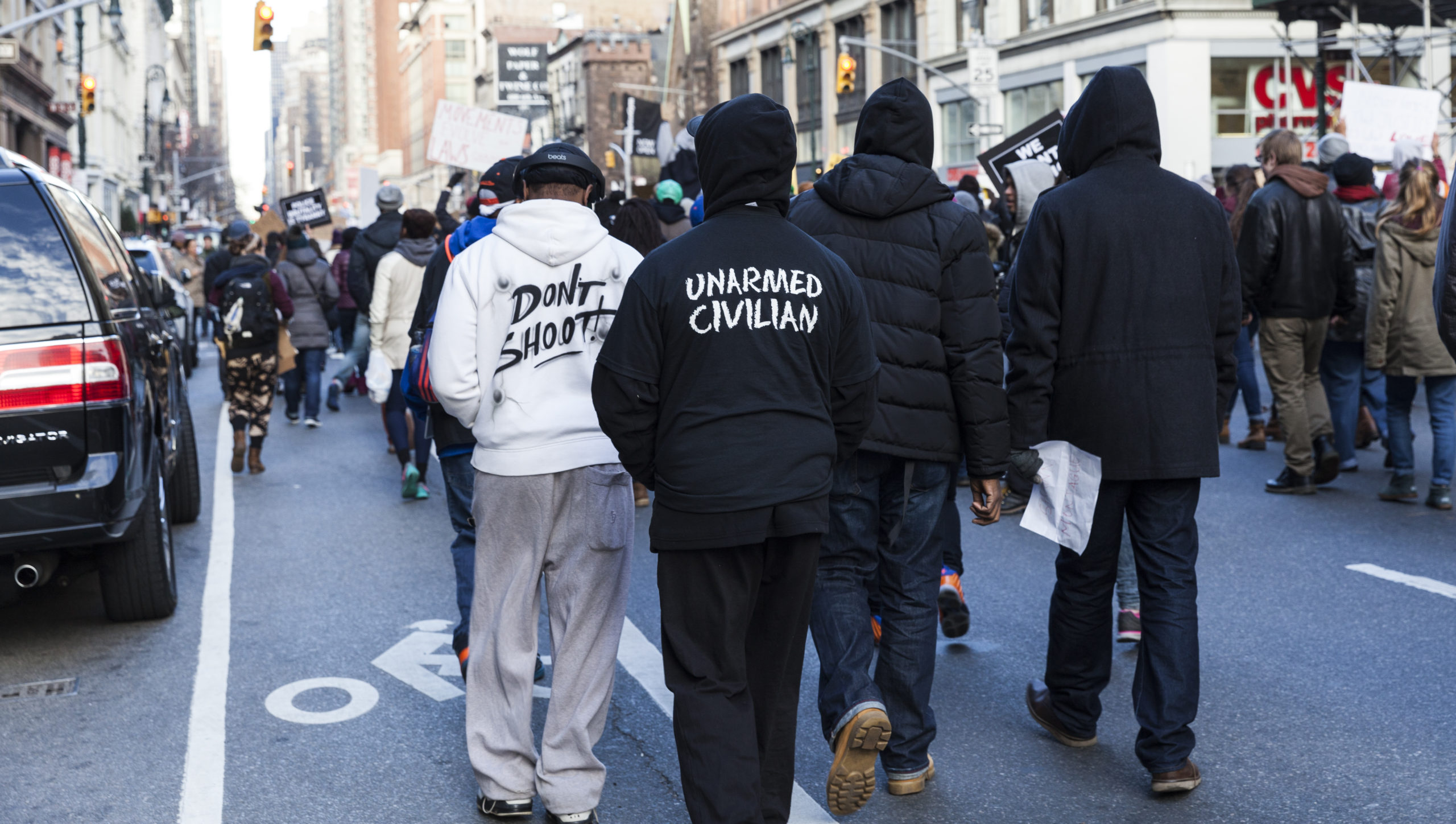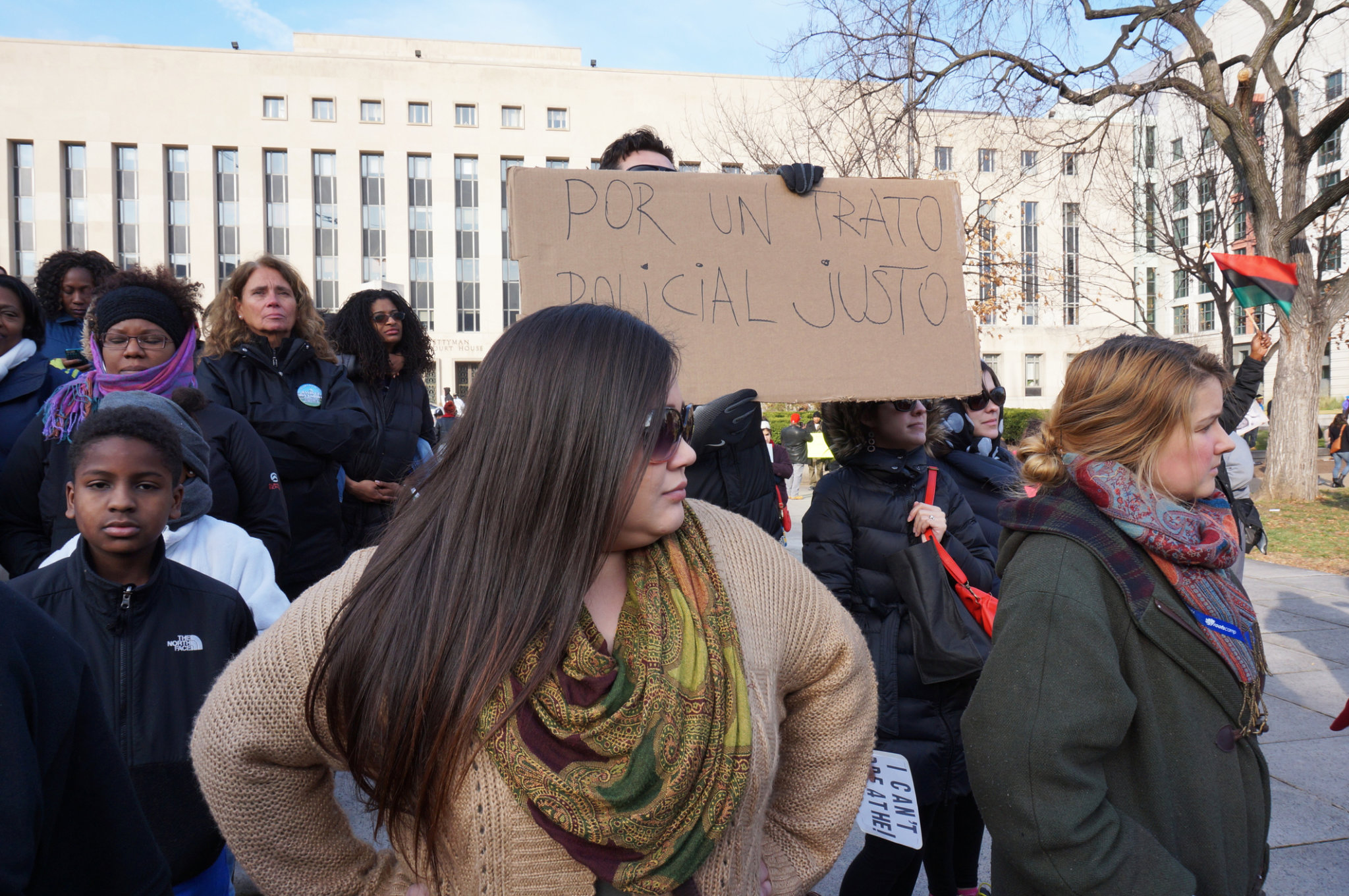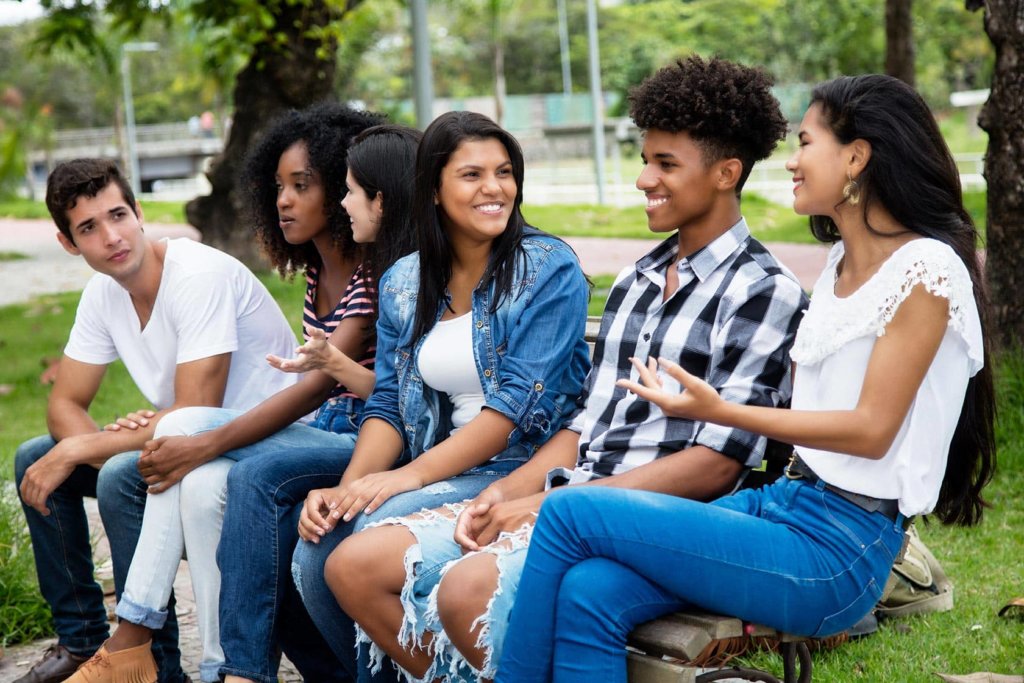One year after the killing of Sean Monterrosa: Remembering and taking action
View this post on Instagram
By Julissa Arce, Activist, Writer, and Producer
On June 2, 2020, Sean Monterrosa sent a text message to his sisters, Michelle and Ashley, that read: “Can you help me out by signing this petition?” It was a petition calling for justice for the murder of George Floyd. Less than an hour later, Sean was shot and killed, while he was kneeling and had his hands up, by Vallejo police officer Jarett Tonn, who shot through the windshield of an unmarked police car. Tonn had a history of shooting civilians, at one point shooting 18 rounds during a different incident.
Four days later, on June 6, California Highway Patrol officers in Oakland fired more than 40 rounds at the car Erik Salgado was driving, killing him and injuring his pregnant girlfriend, who survived, but miscarried. No police video footage exists because the officers were reportedly in plain clothes and driving an unmarked vehicle.
A week and a half after that, on June 18, Andrés Guardado was shot and killed by Miguel Vega, a deputy with the LA County Sheriff’s department. Andrés was running away from two officers when Vega opened fire and shot seven times, five bullets hit Andres in the back.
Almost a year later, and no one has been held accountable for the killings of these three young Latinos at the hands of police. Rob Bonta, California’s Attorney General, announced on May 13, 2021, that his office will conduct an independent review into the killing of Sean Monterrosa to determine whether criminal charges should be filed. But here is the thing, Sean, Erik, and Andrés are sadly only three of the many, many Latinos who have been brutalized by law enforcement. While there is a severe lack of research and inadequate data collection on Latinos in the criminal justice system, we do know that at least 2,600 Latinos nationwide were killed by police between January 2013 and December 2020. According to a LA Times database, in LA County alone, 491 Latinos have been killed since 2000.
And this violence isn’t something new, it has deep structural roots. From 1915-1920, up to 5,000 Mexicans “innocent of any crime but the one of being Mexican,” were killed by Texas Rangers. In 1937, in Ponce, Puerto Rico, a peaceful march turned deadly when 19 civilians were shot and killed, most of them reportedly in their back. In 1918, in the town of Porvenir, Texas, 15 Mexican men and boys were abducted in the middle of the night, taken to a nearby hill overlooking a river and shot by Texas Rangers from three feet away. All of them died. Without any proof, they were accused of being connected to a recent raid at a ranch.

The descendants of the Porvenir victims sought to memorialize the massacre with a historical market. They were met with resistance, but they did finally get their marker in 2018.
The specific agencies may have changed over the years, but racist attitudes and actions in law enforcement toward all Latinos have persisted. When we aren’t aware of the pain of our past, we cannot know the magnitude of our fight. Today, we must tell the stories of those being killed at the hands of police. We must not allow their names to be forgotten because the erasure of these legacies of violence continue today with the near lack of headlines and news coverage of police violence impacting Latinos.
Saying their names is about taking action and joining hands with the Black community in solidarity. The Monterossa sisters wrote for Elle Magazine, “that last text from Sean was a literal call to action. His unspoken words were: “Here’s the baton. Now take it, and run.”
Let’s take the baton and join them in this fight. As a first step, we must call on our federal government to pass meaningful police reform legislation. Local and state policy change is vital, but it is the responsibility of our federal government to set a standard for justice, policing, and safety in America. The time for the Senate to pass the George Floyd Justice in Policing Act, which the House of Representatives has already passed twice, is long overdue. Major provisions of this crucial piece of legislation work to standardize use of force, track instances of police misconduct, restrict the practice of racial profiling, and implement data collection and practices of violent police interactions. By aiming for increased accountability, transparency, and oversight of our law enforcement bodies, this bill is the first step in reimagining public safety for communities of color and redefining the pursuit of justice.



